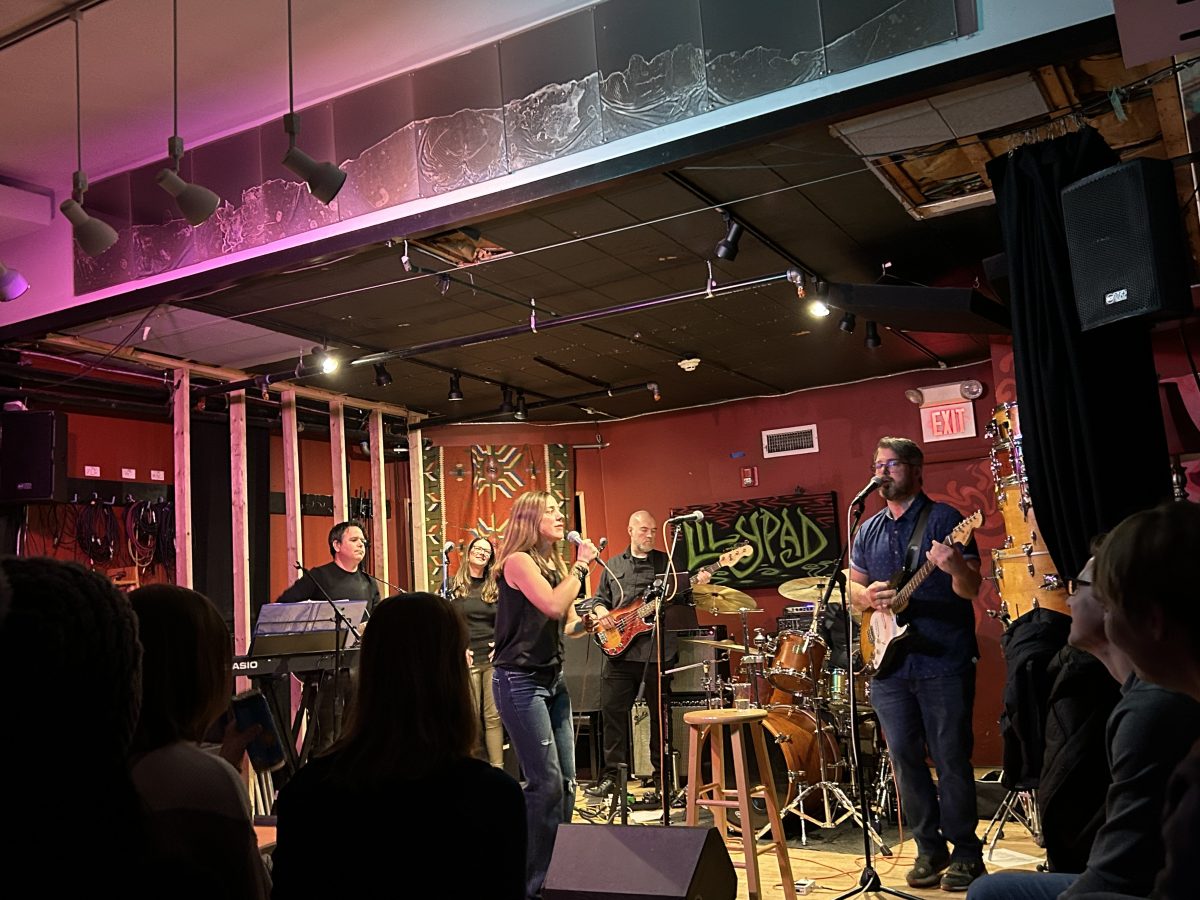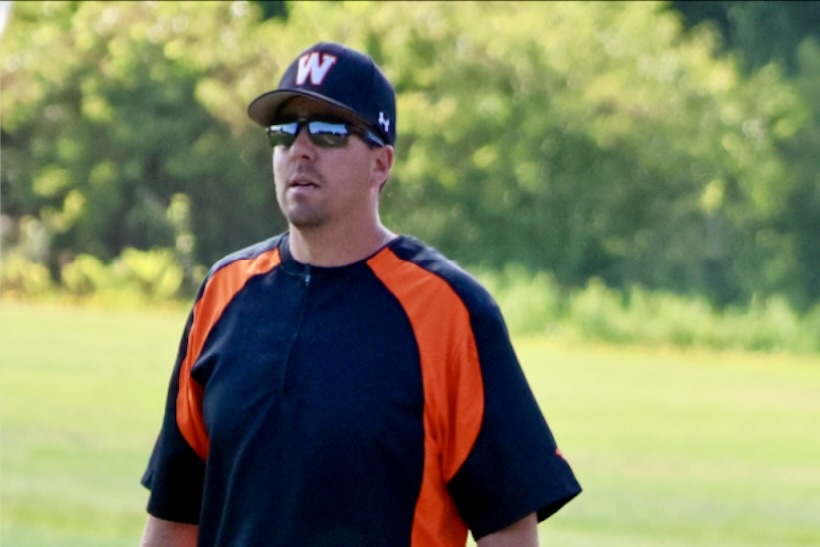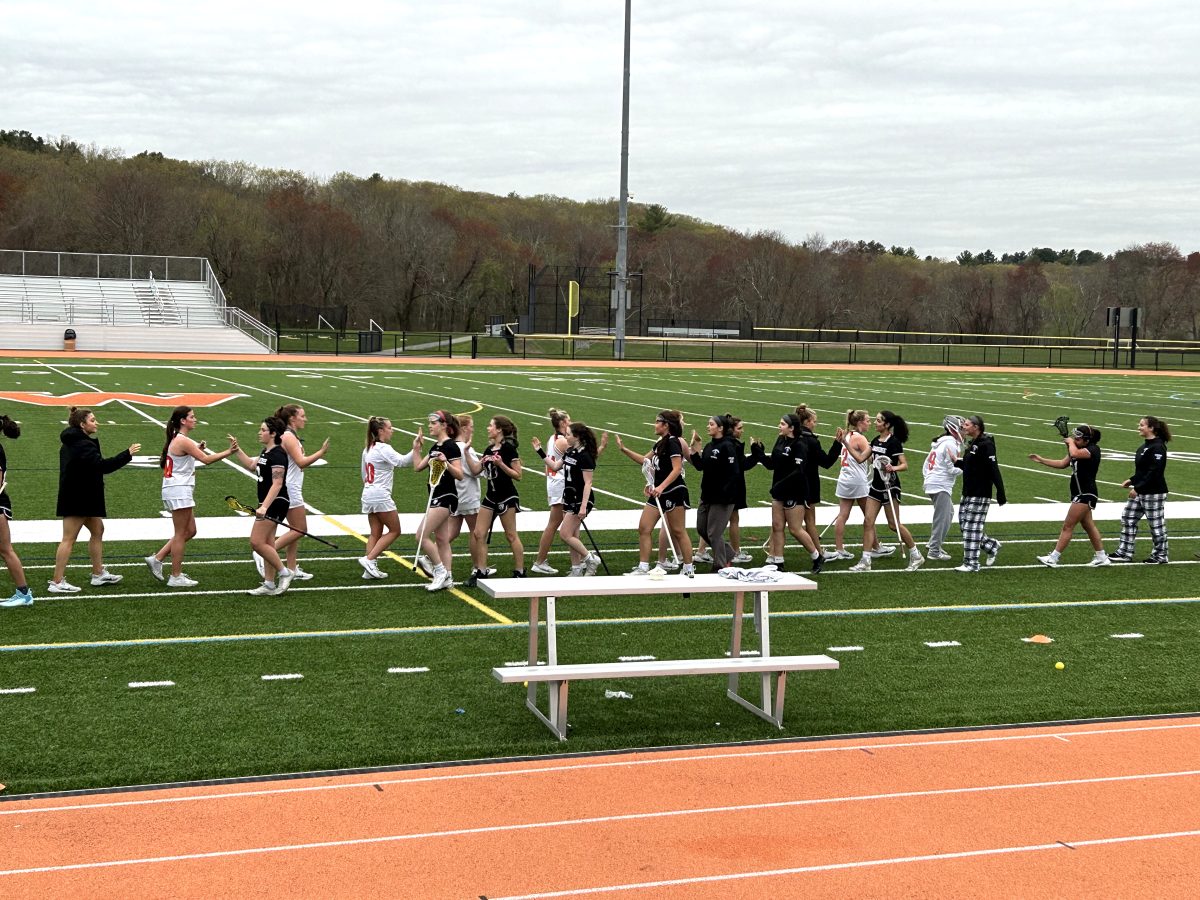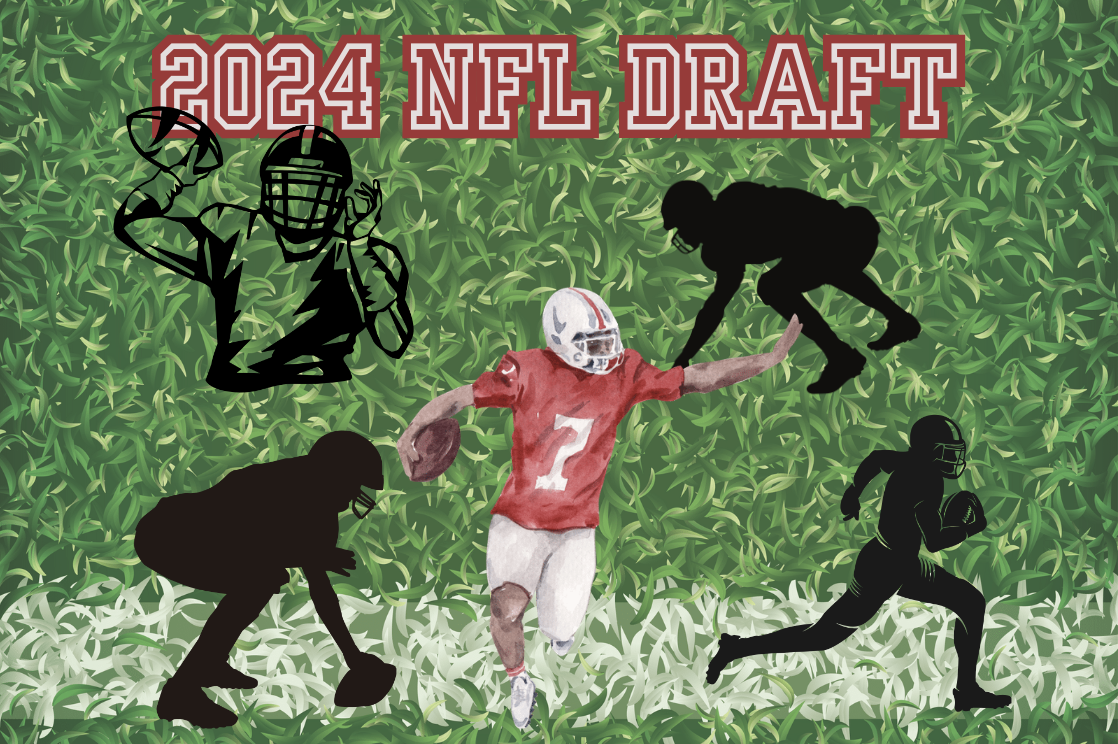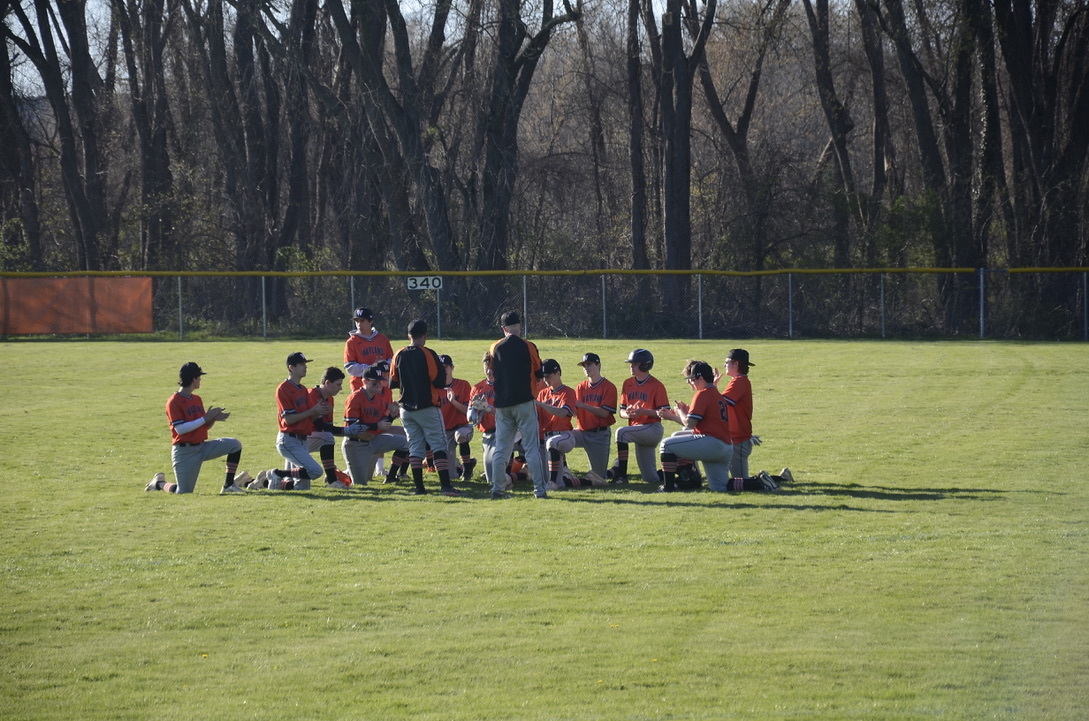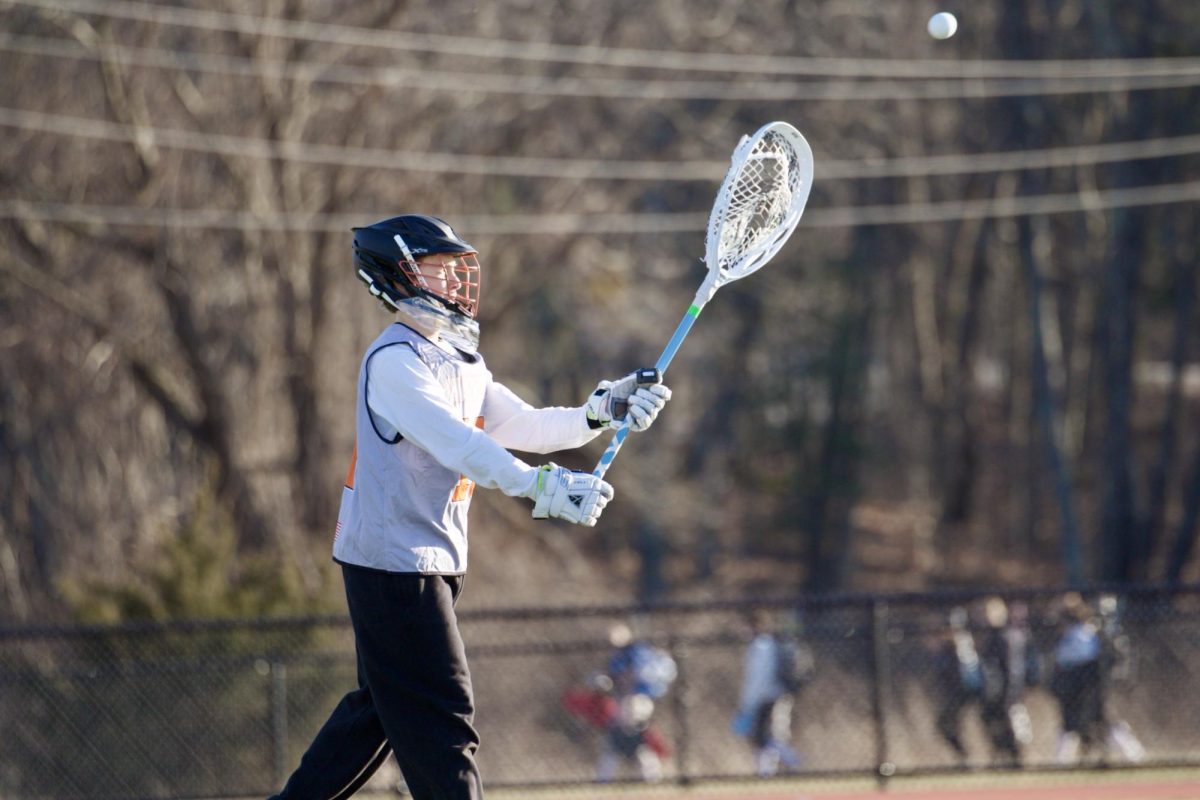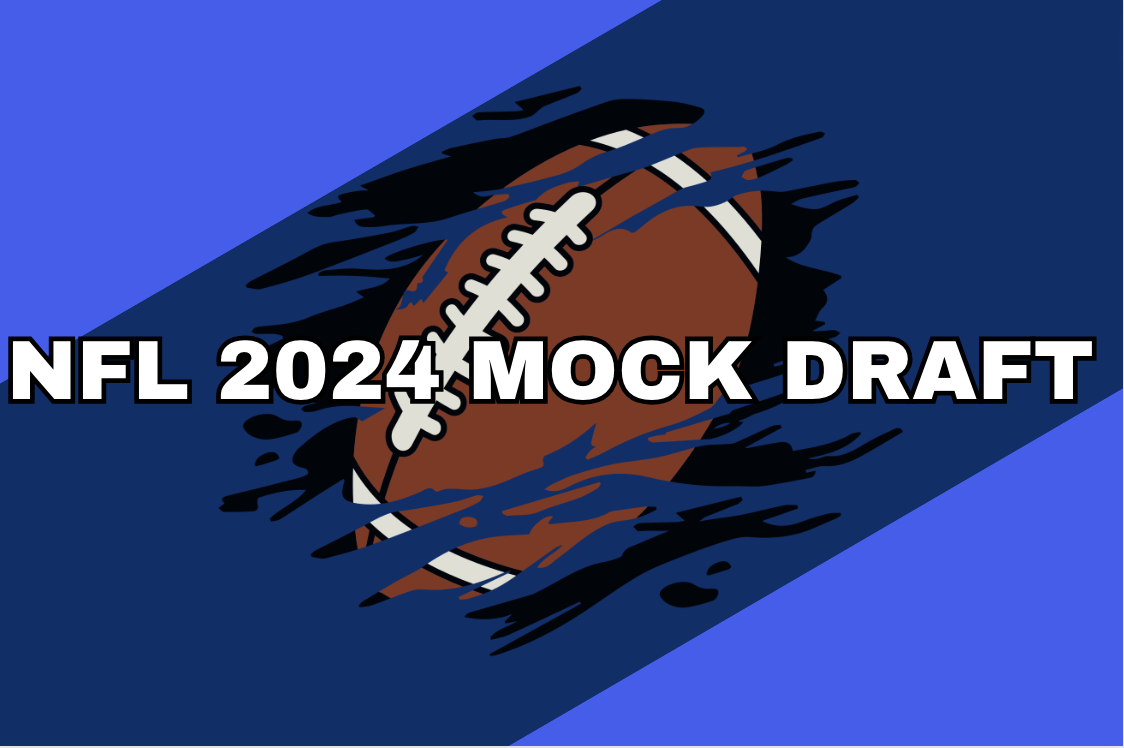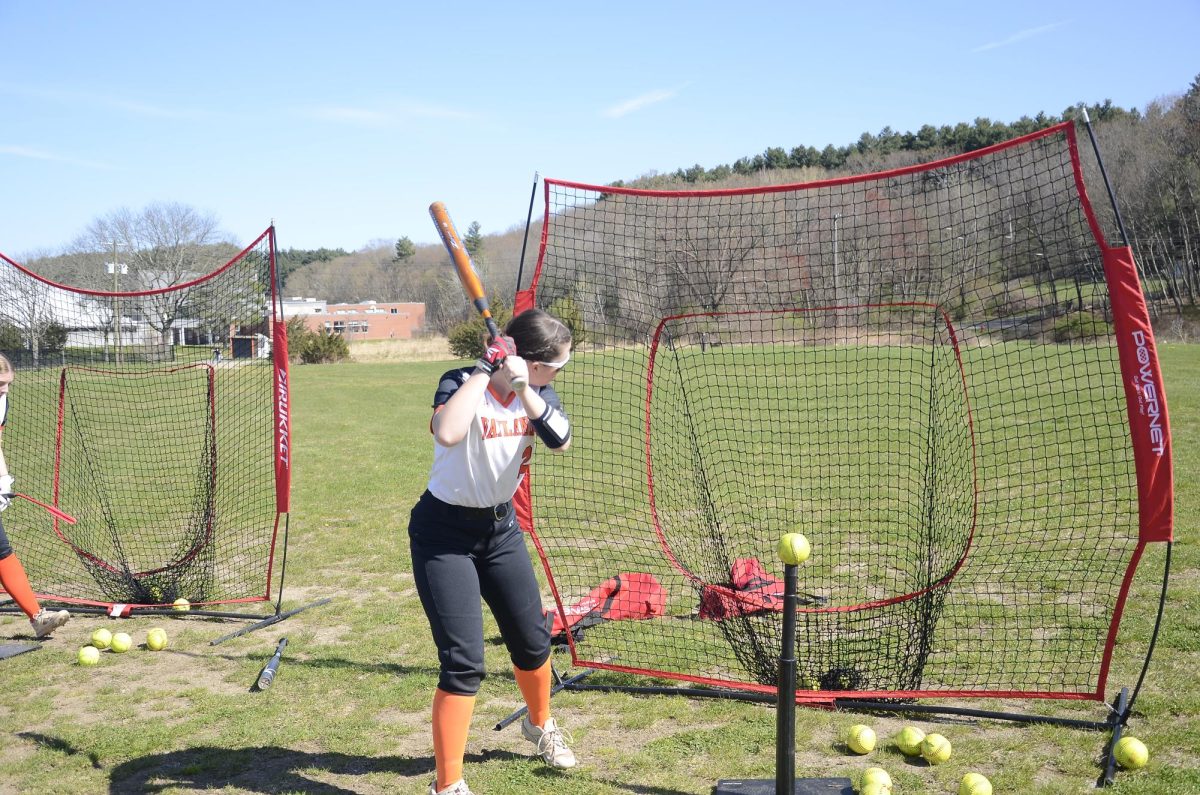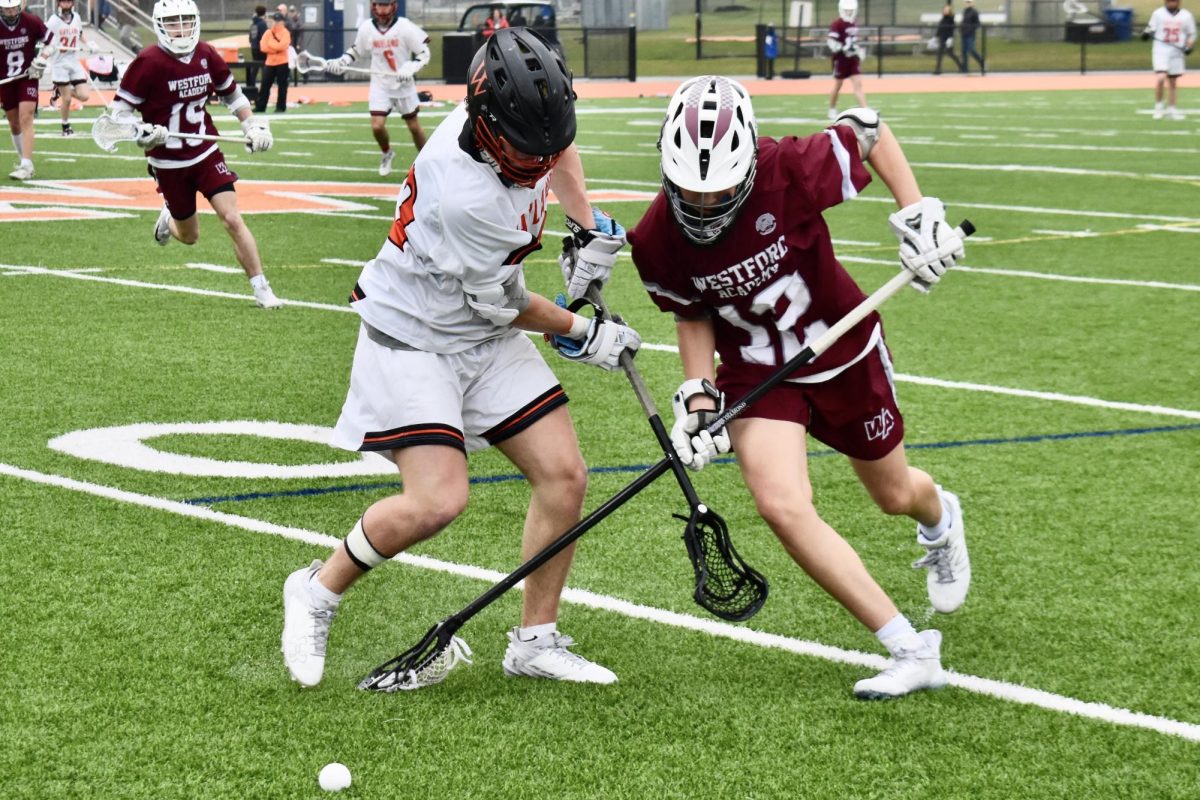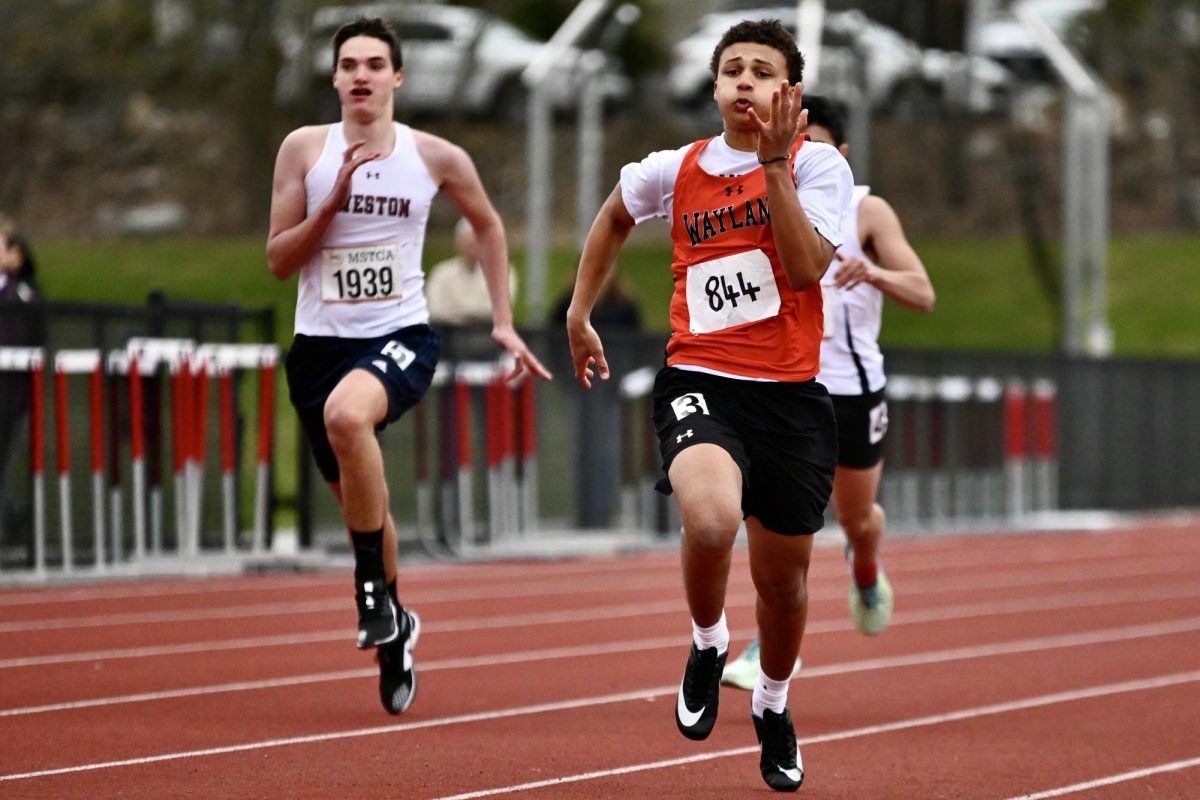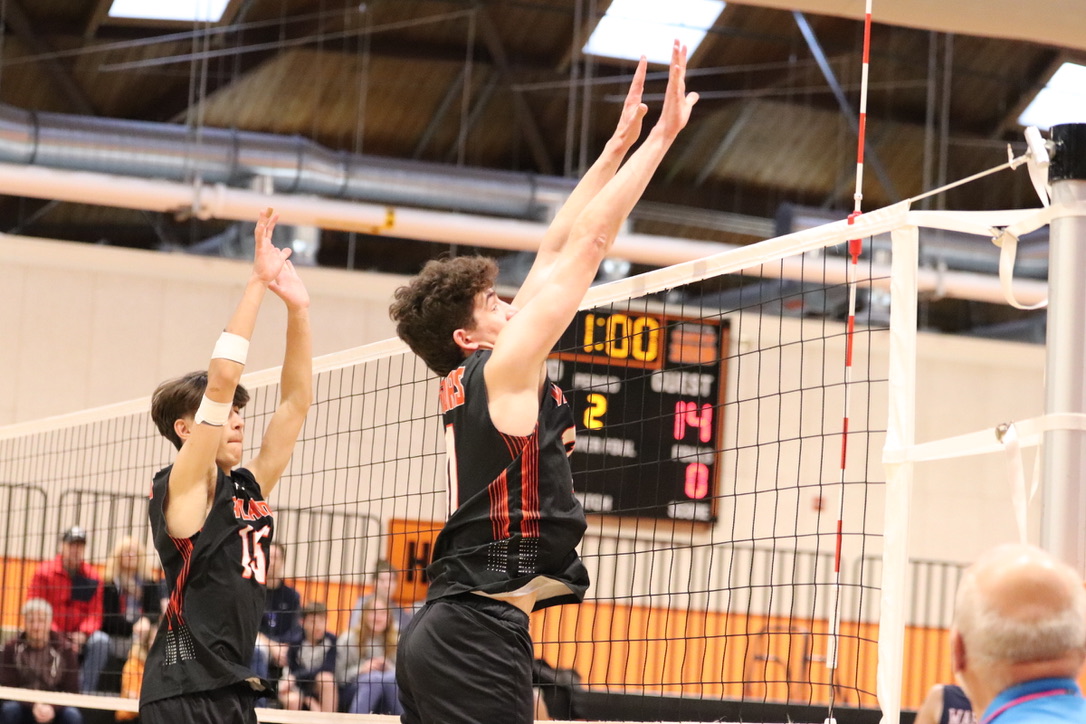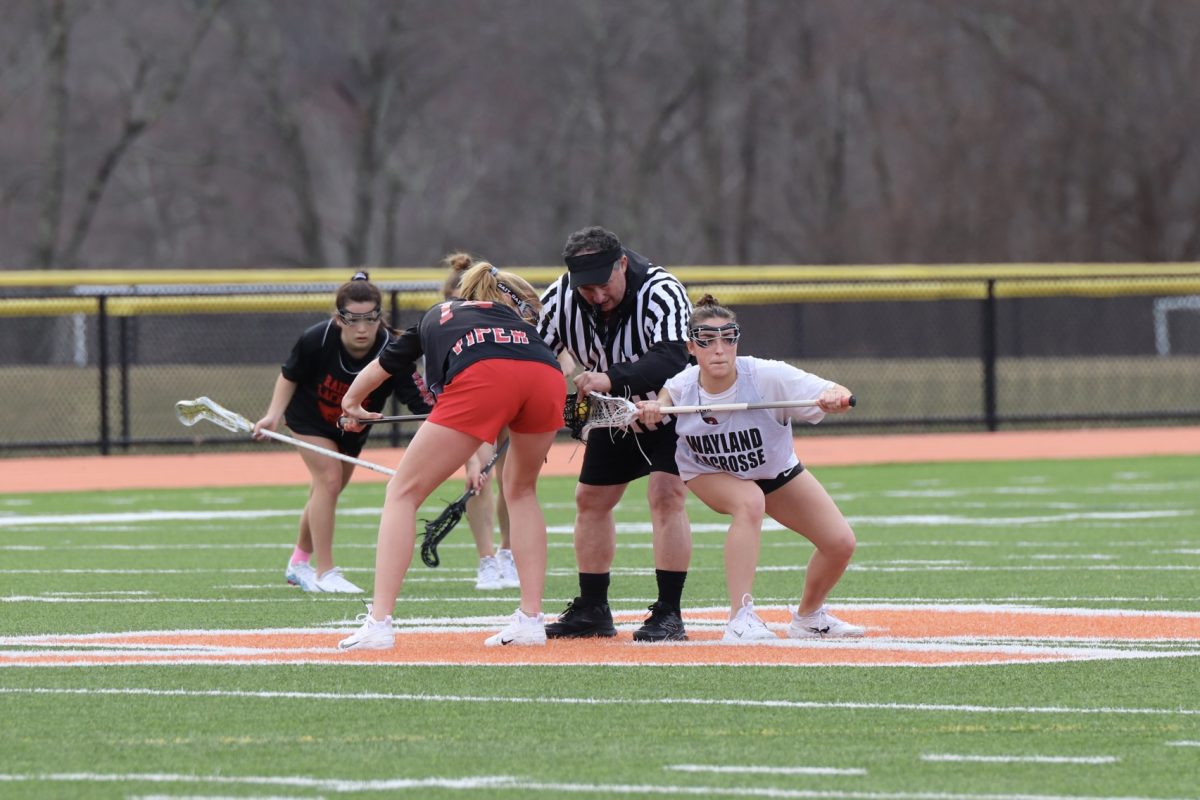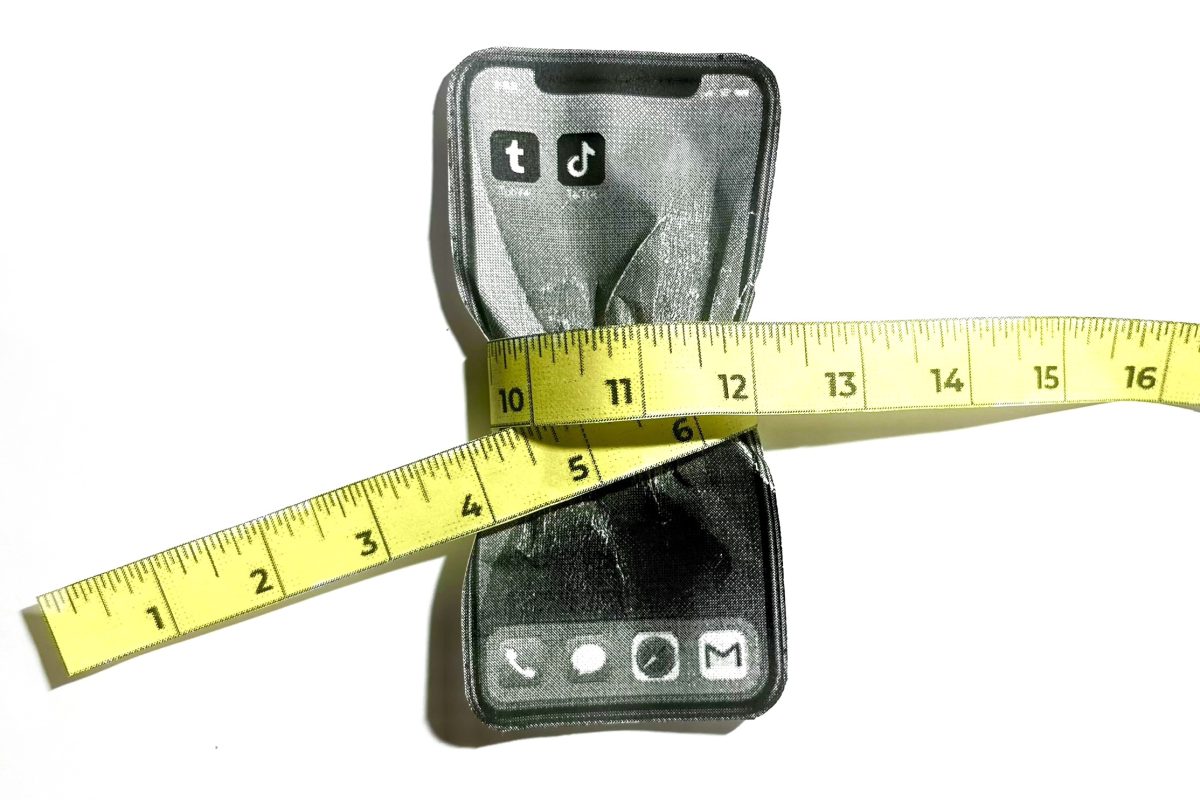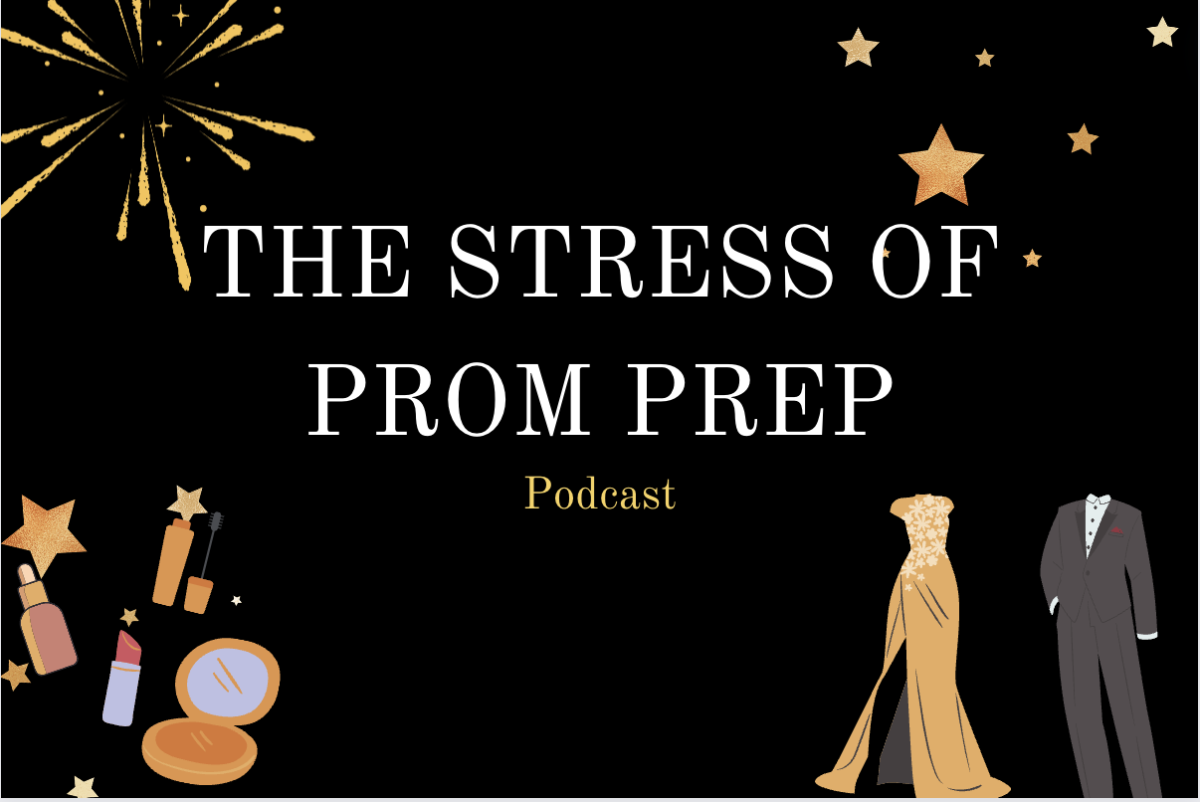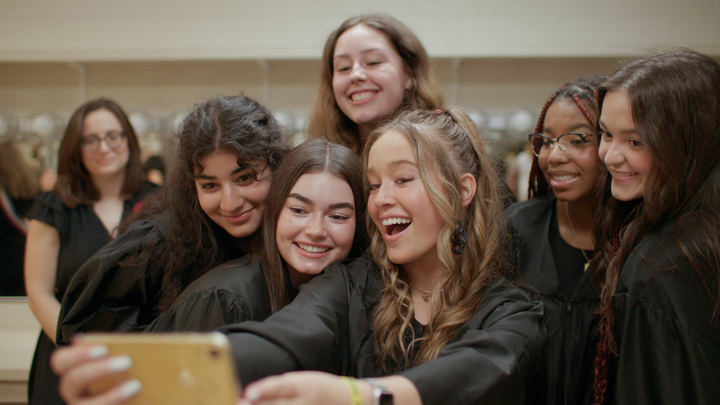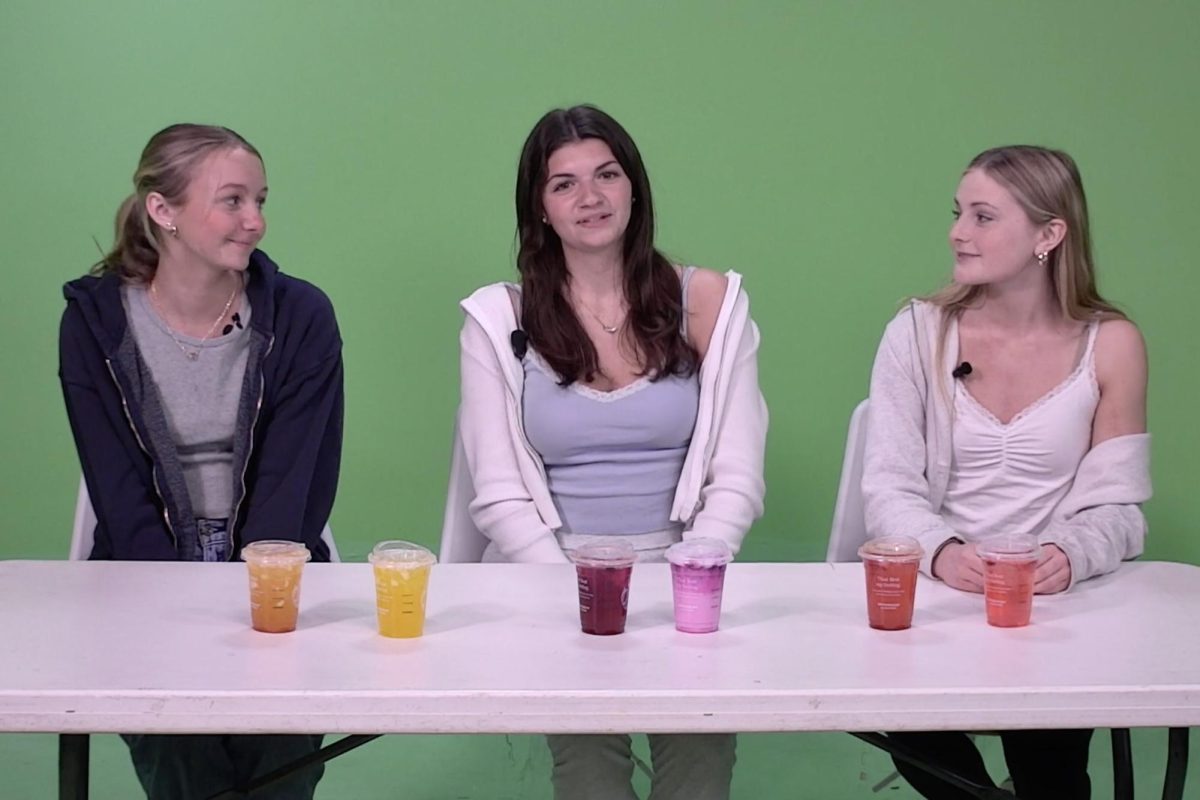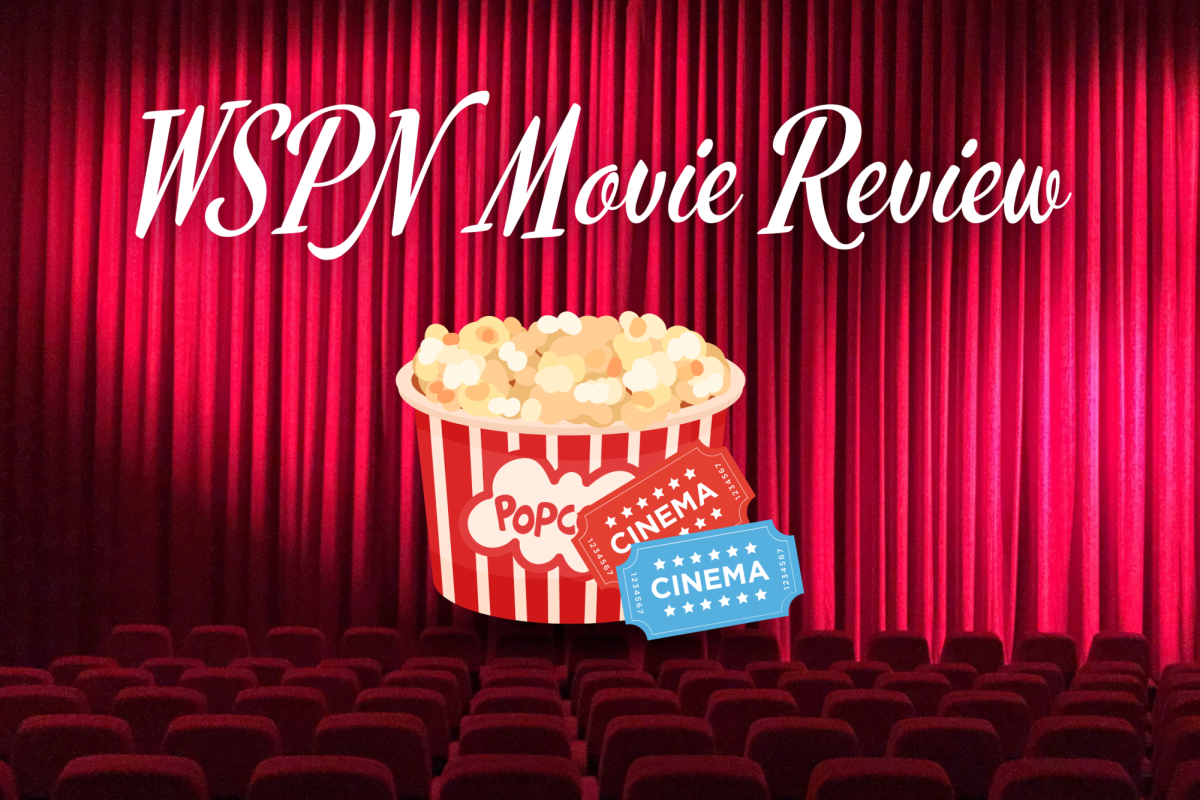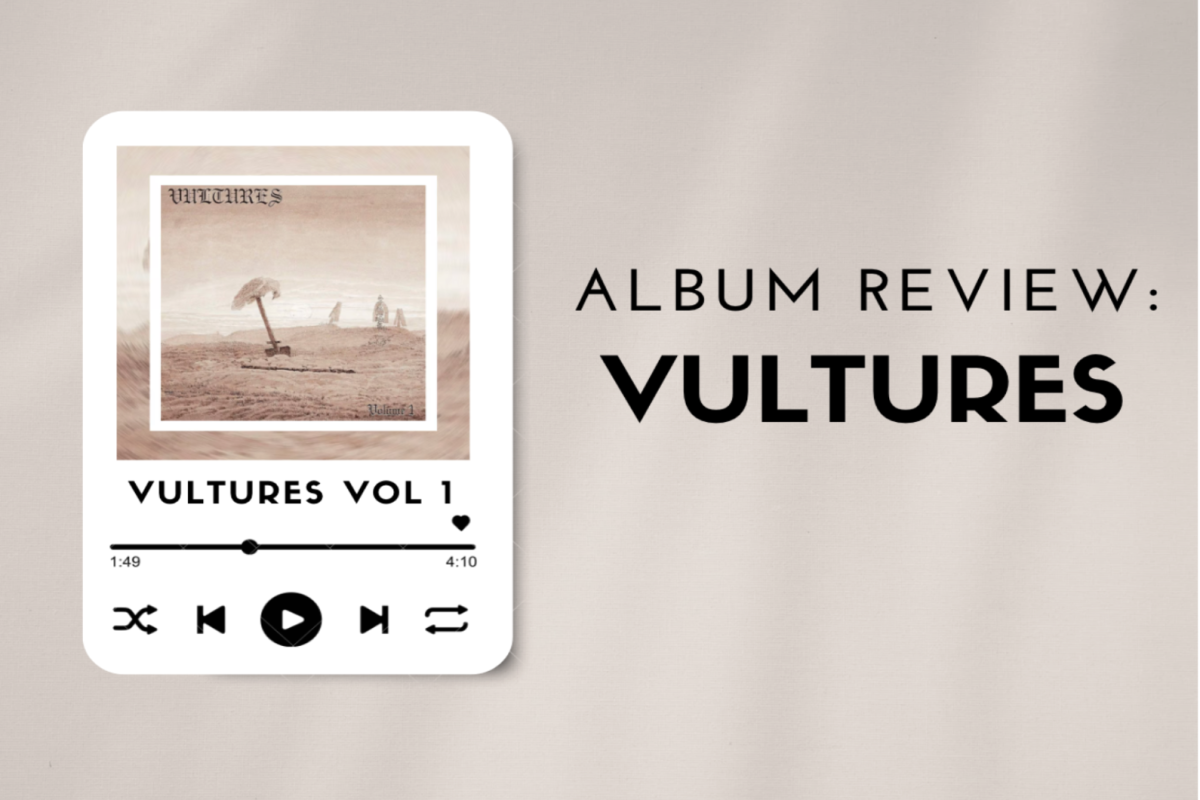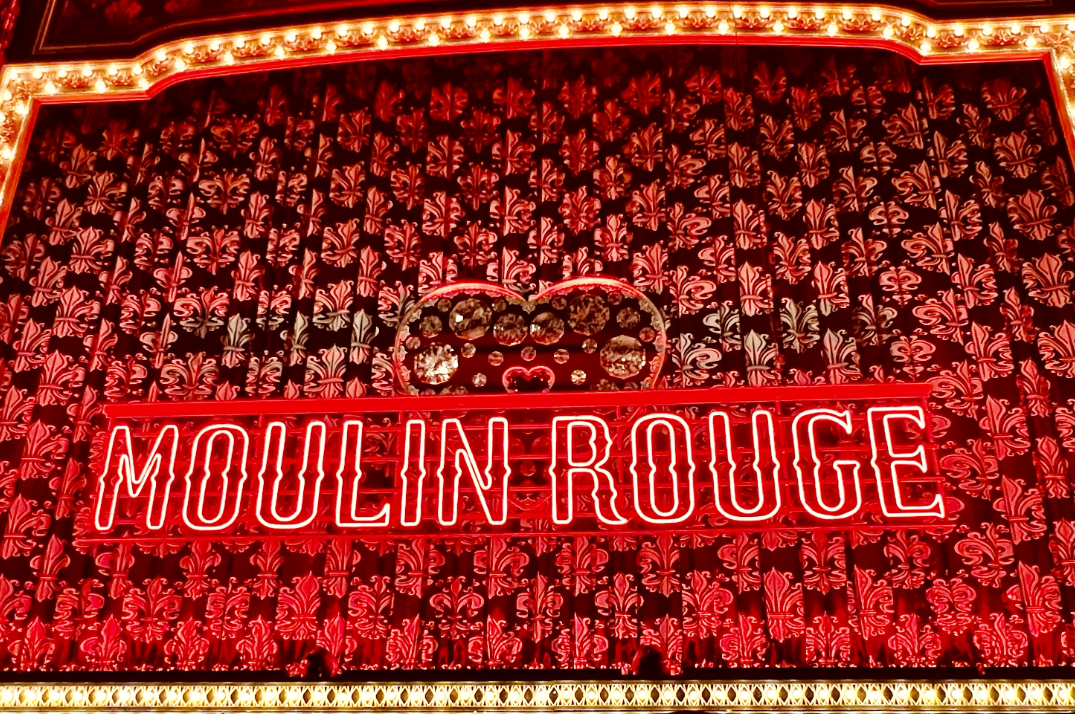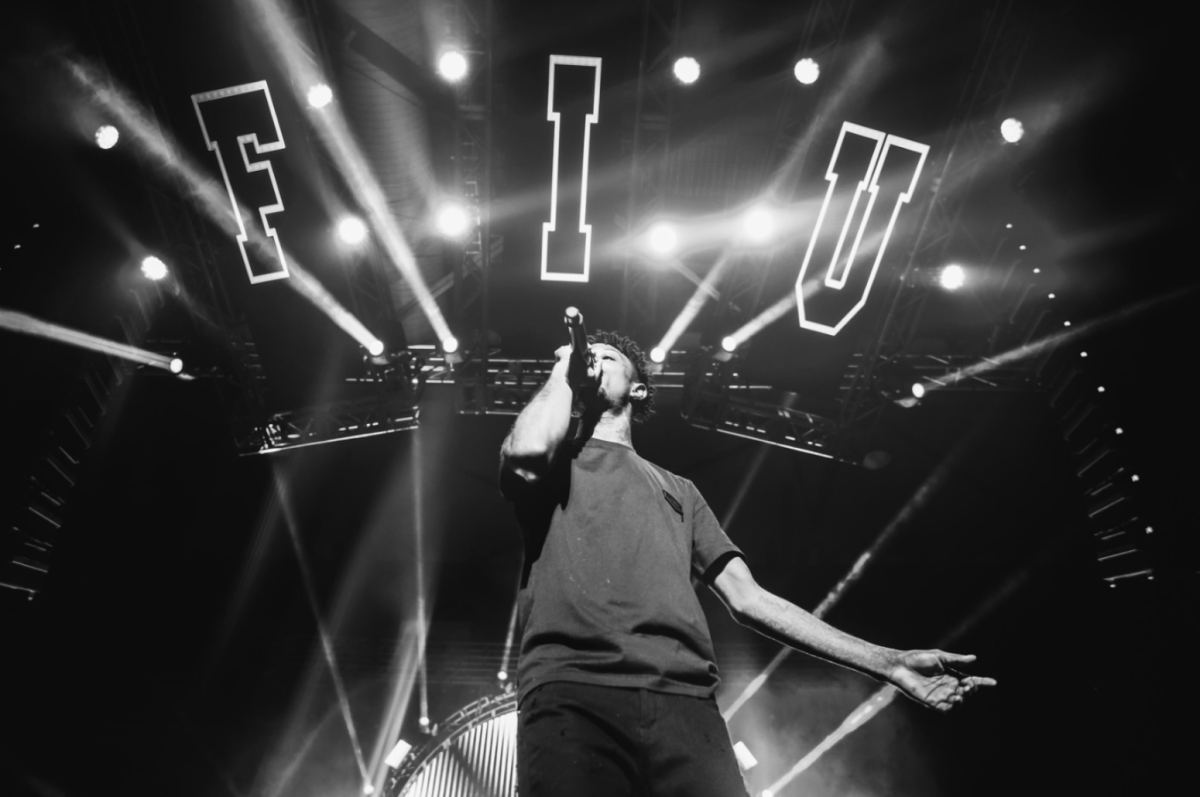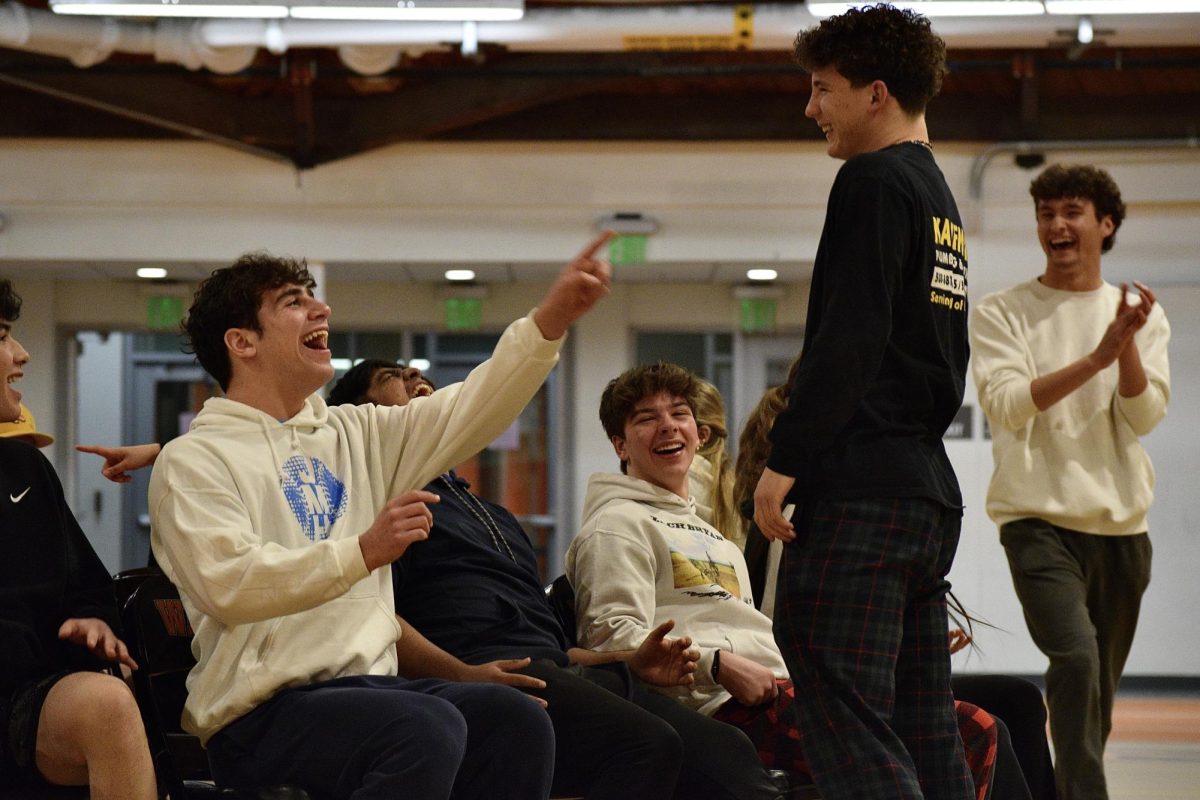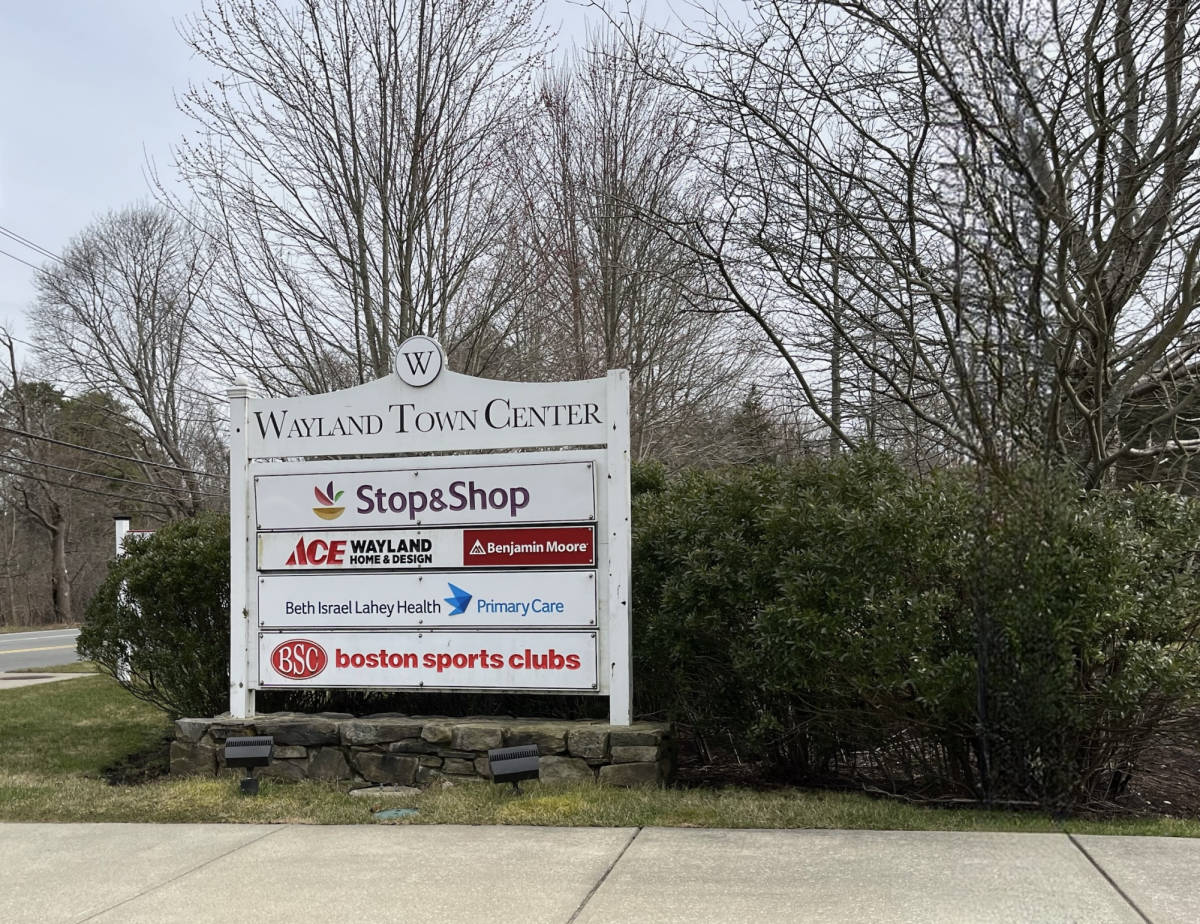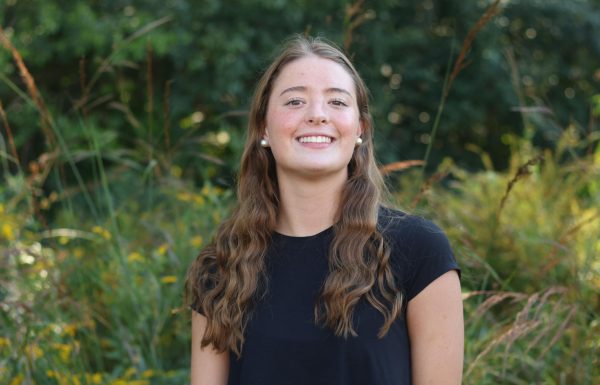In this podcast, WSPN’s Abby Raftery and Wayland-Weston crew team members, seniors Sophie Roman, Ava Balukonis and Maddie Genis, discuss their experiences on the team and at last spring’s Youth National Championship which was held in Sarasota, Florida.
Transcript:
Raftery: Hi and welcome to another WSPN podcast. I’m Abby Raftery and joining me today is Maddie Genis, Sophie Roman and Ava Balukonis to talk about their nationals experience last spring. My first question is: what is crew?
Genis: I like to think of it as similar to swim and track, I mean it’s all about racing. It’s not a canoe, it’s not a kayak, like most people say it is. It’s a hull is what we call it and we have one oar or two oars per person depending on what kind of race you’re racing.
Raftery: And what would be a typical practice that you guys would have?
Roman: We usually practice pretty much everyday except for Sundays. Unless we have regattas that are sometimes just Sundays, sometimes it’s both Saturday and Sunday. And they’re from 3:45 p.m. to 6:15 p.m. And they’re so long because it takes a long time to get all the stuff out and get on the water, so we’re usually out on the water for like an hour to an hour and a half. And then everything else is just warming up and getting all the boats down, getting the motor boats ready for the coaches.
Genis: Yeah we have a lot of meetings before practice and after practice too, just like going over what we need to work on today, just normal sports stuff. And sometimes if there’s a big event coming up we’ll talk about lineups for that and stuff.
Raftery: And how often do you regattas?
Balukonis: They’re every Sunday, usually in either April and May or in the fall season it’s every Sunday in October. Sometimes they have Saturday and Sunday regattas though which is kinda tough to get your homework done and stuff cause you get up at like 4:30 a.m. usually for like a 5:00 a.m. bus in the morning on Sundays and you don’t even get back until like 4:00 p.m. usually.
Genis: Yeah it’s usually, our seasons are generally about two months long, and the first month is usually just training. We have a few fun events within our teams sometimes, but usually the second month of the season is like every weekend we have regattas.
Raftery: So why don’t you explain just a little bit about what were nationals, like who was there? Where was it? Everything.
Genis: Well we definitely all have very different perspectives about that, so Ava how about you go first.
Balukonis: Well nationals is different because obviously it’s in Florida, it’s longer and it’s bigger than the other ones. And you have to qualify for it in a way you don’t really have to for other regattas, so it’s pretty exciting when you’re around here at a regatta and then you qualify for nationals and you get to go down to Florida and stuff like that. Yeah, so I mean for me I raced in a four, which has no coxswain, so it’s just four rowers and the rowers have to kind of look and try to steer and stuff like that. But it’s teams from all over the country. Yeah you have to qualify in your own regional championships and then everyone gets down there so these are the best teams in the country. And then you qualify in certain boats as well, like whatever boats you raced at your Regional regatta you race at nationals. So I raced the straight four, and they were the top straight fours from all over the country as well.
Roman: So I was on the boy’s team, or I’ve been on the boys team for the past four seasons. I’ve since gone back to rowing, but for the spring I was in the men’s coxed four and I was the coxswain. So yeah as Ava said, we had to qualify to get top four usually in your region in order to qualify to go to nationals, so it’s pretty exciting.
Genis: Yeah I have a very different take on this, but I had mono since early-ish May until the end of June. We didn’t know I had mono so I ended up going to nationals in a pair, which is a two person boat. We found out that I had mono while I was there and my symptoms were acting up again, so I was like very sick, and I basically didn’t get to do a lot of the stuff that the team was doing. I was isolated in my room almost the entire time except for a few outings I got to go on. It was a lot of fun, it was definitely a very stressful experience because I just didn’t know how I was going to race. And I think one thing that no one mentioned was the heat.
Roman and Balukonis: Oh yeah
Roman: It was so hot.
Genis: The heat gets really crazy, especially thefirst day you get there you’re just like what the heck. How am I gonna race in this?
Raftery: Yeah June in Florida cannot be good.
Balukonis: You row like three feet and you’re like ‘oh my God.’
Genis: I remember my B final and the other straight four’s B final the like, the heat of the sun on the Earth was like 105 degrees.
Roman: Yeah it was so hot.
Genis: Yeah it was terrible.
Balukonis: And then the water is like all reflecting up at you.
Roman: It’s so bright too.
Genis: Yeah it’s just so hot. It’s not even like you can just splash to cool yourself off at that point.
Balukonis and Roman: Yeah cause there’s alligators in the water.
Roman: So you’re not allowed to put your feet in or anything.
Balukonis: I talked to a girl that swam in there competitively.
Genis: Apparently what they do is they actually find as many as they can and they take them out and put them somewhere and then when the races are over they put them back in.
Balukonis: I want to be on the alligator finding team.
All: Laughing
Raftery: So you talk a lot about qualifying, so what are the requirements to go to nationals?
Balukonis: You have to be top four at regionals in your boat.
Roman: Yeah, so there’s a bunch of different boat classes, so as Ava said there’s the straight four which she raced, Maddie raced the pair, I did the coxed four, but you can also qualify, like the eight is another one that is pretty popular, and the quad.
Genis: The eight and quad are very competitive.
Balukonis: Yeah quads are fun though.
Roman: A quad is when you have four people.
Balukonis: And two oars.
Roman: And then there’s the double which is also popular, and the single, which I think would be the worst.
Genis: I consider the pair pretty competitive, just because the top girls, like the top five girls that race, I mean a lot of the girls are just crazy. But the top boat actually ended up at worlds and placed third overall in worlds, and they’re just crazy.
Raftery: If you could explain all the preparation you had to go through to get to nationals?
Balukonis: For preparation you have a couple weeks after the normal season ends. Not a couple of weeks, usually one or two weeks. And you kind of do extra training and stuff, and then the last couple of days and once you get there, you’re kind of tapering. You don’t do as much work just kind of to save your legs for it. And then you do a little practice spin around the course, for the days before you race. But for the most part you’re resting, ice bathing, stuff like that.
Roman: I guess as a coxswain it’s a little different because I’m not actually rowing, I’m just sitting there and calling things. So I just wanted to make sure that one I was going to steer a good course, which is kind of understanding what to do and then watching all the coxswain meetings, yeah just so that you know where to go and what to do. And then I also just wanted to make sure that all my calls were gonna be the most helpful for the boys during the race, so that was most of my preparation.
Genis: And also like, in Florida especially, they are very very strict about the traffic pattern, so which is basically like…
Roman: The way the boats go.
Genis: The way the boats go so nobody crashes, and stuff like that. They’re so strict that the heat before my race we actually heard somebody get a time penalty because they screwed up the traffic pattern. So it’s definitely nerve wracking, like you want to make sure that you’re not in the way and stuff, so for coxswains that’s a tricky part. Yeah and similar to what Ava said, we have a week after Regionals that we’re kind of training for States. The people that are going to nationals don’t taper for that regatta, so we’re kind of going hardcore up until the week of nationals. And then once states is over, we have a week before we travel which is a lot of hard stuff usually. Yeah this year it was a lot of morning practices along with afternoon practices which was rough.
Balukonis: Before school, you wake up for a 6:00 a.m. practice before school and then go to school.
Genis: Yeah I was waking up at 4:45 a.m. to get there on time and still eat. But then yeah, once we get there we are just kind of rowing around a little bit, cause our official races start on Thursday and we usually get there Monday or Tuesday.
Raftery: And then I know you guys went end of June, right when finals were happening, so how did you deal with balancing studying for finals while being at nationals and having to focus on that?
Genis: It’s hard, and I mean I’m really happy that this year since we’re seniors, and if we do make it again we won’t have to deal with that, that would be great. Because it just really makes it that much harder.
Roman: It was so stressful.
Genis: Because you’ve got that, but then you’ve got actual school work that you got to complete day to day, and that technically takes priority because it’s due the next day.
Balukonis: Yeah and there was no wifi in our hotel so I was constantly on my phone hotspot, it was so bad. It was pretty tricky to get my work done and also find time to study for finals.
Genis: No it was very, it was very not very fun watching the seniors sitting on the beach, sitting by the pool doing absolutely nothing.
Balukonis: Plus when you get there you’re like ‘I don’t really want to do homework right now.’
Roman: And I didn’t study for my finals until like the night before both of them because we just did not have time to do it there.
Genis: Yeah it’s very crammed.
Roman: It was crazy.
Raftery: Yeah that’s really frustrating. This is kind of flipping a little bit, but what were the types of people that were there, like who did you interact with, like was it people, did you meet people from all over the country or did you kind of stay with Wayland?
Genis: A lot of us know some people, like I’ve definitely met people at previous rowing camps that I’ve been at. And so I knew a few people there, there’s a lot of people and there’s age groups as well. U16 is basically the middle schoolers, and then U17, which is a very big event, and then there’s just youth. But yeah, I think some of us know some girls and guys from other teams, we have a lot of teams that we’re just close with and mutually support.
Balukonis: I would say for the most part that we stay with Wayland, we do a lot of stuff.
Genis: Definitely, we do all of our outside of practice stuff with Wayland.
Raftery: And then what’s one standout experience you have, like one thing that you’re like ‘when I think about nationals, this is what I think about?’
Genis: I think it’s just the course itself. It’s just kind of a crazy course. It’s so professional almost, like the traffic pattern is so serious, and then you get to the start and a lot of the time they have an announcer going “attention go,” but now they have this really traumatizing beep sound.
Balukonis: Oh I hate that thing.
Genis: And it’s just like, it’s really, you remember that forever. But, and I think the course just feels so official.
Ava: For me it’s not even about the racing, it’s about the ice baths and stuff. Like you get little kitty pools and just dump ice in it and then you sit in it, and you do two to a tub. I just thought it was good for bonding and stuff, you get good pictures, it’s just kinda fun. And you’re right at the race course, so you’re watching other boats race. Just stuff with the team, like your boat usually gets really close cause you’re just always together, so that’s kind of it for me.
Roman: I would say, it was my first time at nationals so just being there was really really cool because I’ve watched it on Youtube, and you guys were there the year before, so it was really cool being there and I really enjoy watching all the racing.
Genis: Yeah, I think it was just a very different experience for me and Ava this year than it was our first time
Balukonis: We were really close with our boat because it was just the four of us.
Genis: Yeah last year it was literally just the four of us.
Raftery: How many boats went this year?
Genis: Seven?
Balukonis: It was a lot.
Genis: Yeah, it was 23 athletes, I’m pretty sure.
Roman: It was two girls straight fours, a boys coxed four, a boys pair, a boys single, a girls pair.
Raftery: And then overall how would you say your experience was? Positive? Negative?
Genis: It was a challenge for me definitely. I mean overall obviously it was a positive experience, like I was racing at nationals.
Roman: For me it was definitely like, it was hard. A lot of the girls boats did really well and one of the boys boats that was supposed to well, just didn’t. And then my boat, it was very disappointing, we were in the C final. So you have to get like top 16 to go to the A B finals, so we got 17th place by point four seconds.
Raftery: Oh my God.
Roman: And then we got fourth place in our heat by point four seconds, so it was kind of a sad way to end, I guess, but it was still a fun experience and yeah I’m glad I got to go.
Balukonis: My favorite part of nationals, I mean is obviously racing and finishing your last race especially because you’ve done like three races at that point and you’ve been there for a week, and you’re like ‘oh my God I’m tired.’ It’s such a relief, especially if you win, it’s such a good experience overall.
Raftery: What exactly did you guys win? How did the boats place?
Balukonis: So my boat came in fifth. We came in third overall in our semifinals so then we went into the finals feeling like ‘oh we’re gonna do so well.’ I think that our semifinals race was just a better race for us, but we were still really happy with it, and I mean coming in fifth overall, we were still really really happy about it.
Genis: I think honestly, there’s always a best race at nationals. And honestly my best race, considering I was sick, was my first because I wasn’t tired at all yet. It was kind of like a comeback race for me because I was like ‘I don’t know what’s going to happen,’ but we ended up coming in 16th overall. My last race was really a tough one because the 105 degrees, so I ended up getting heat stroke and I had to go to the tent afterwards. So it was a tough race, but we pulled through.
Raftery: And then what’s one takeaway you have, like a piece of advice for someone going?
Genis: Honestly for me I think it’s just, and this might sound bad, but I think it’s no excuses. Just do it, as hard as you can. There’s nothing that will make it so that you can’t race, just do it.
Roman: I would say enjoy the experience there because there’s so much going on, and so I would say just take it all in. And then yeah, like Maddie, just do your best to do what you can do.
Balukonis: I don’t really have anything different, I mean just being there is an exciting thing, so just enjoy the whole thing and then race as hard as you can.
Raftery: That’s all for today, reporting for WSPN this is Abby Raftery.

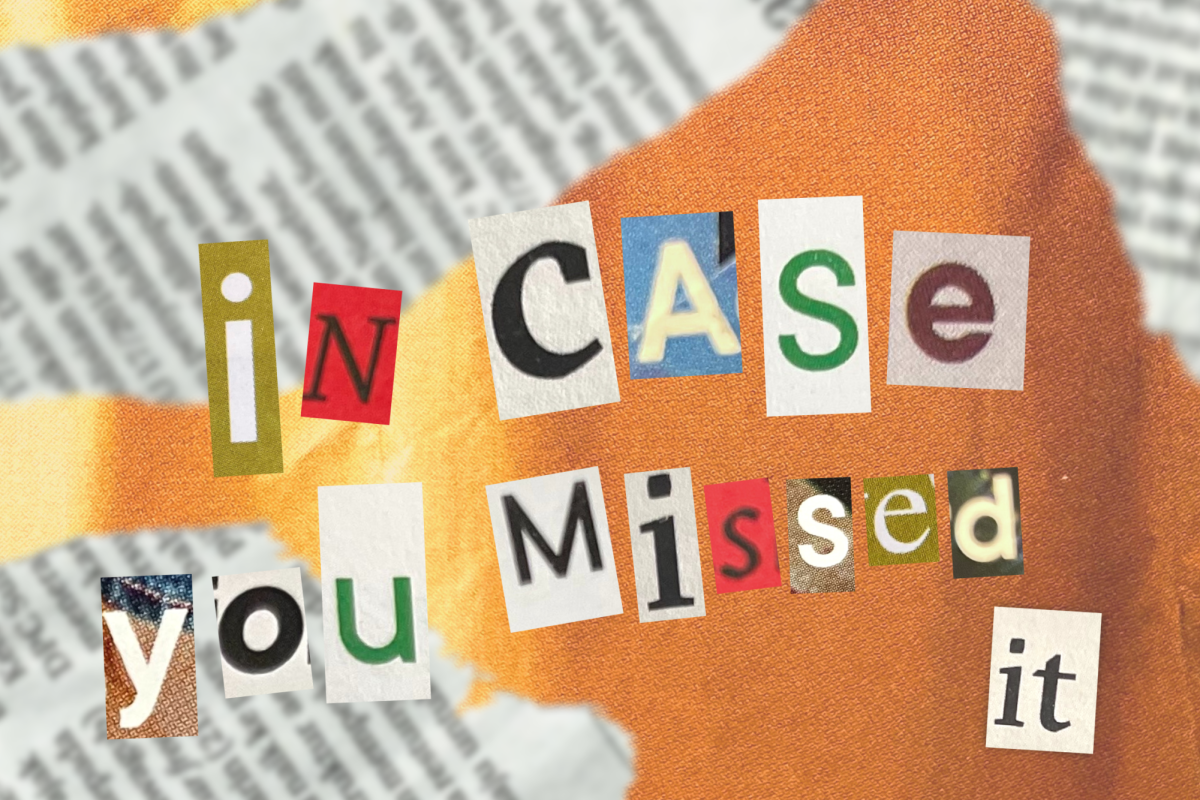
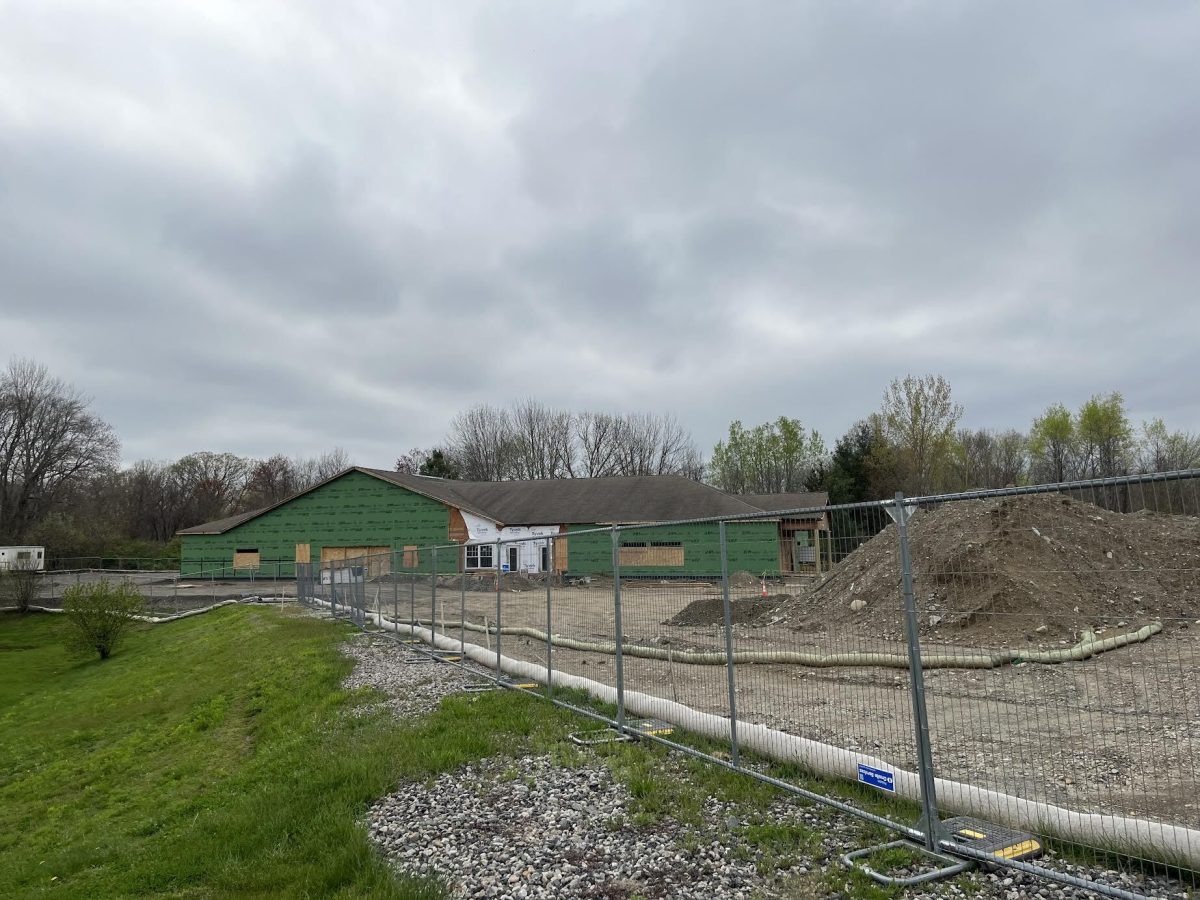
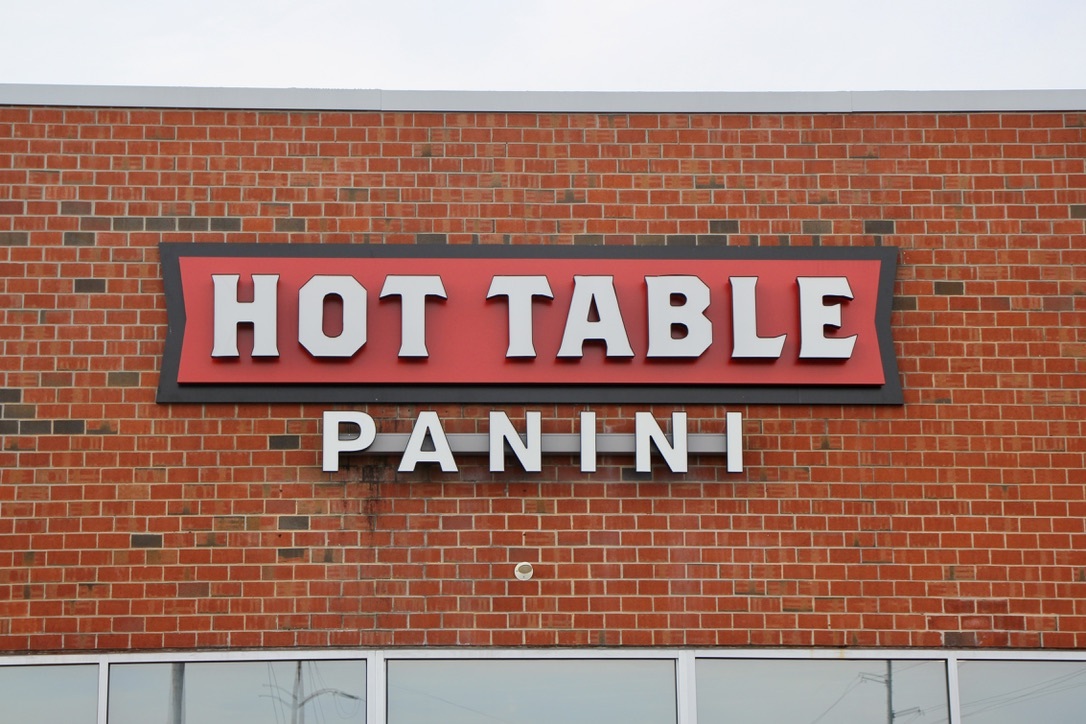






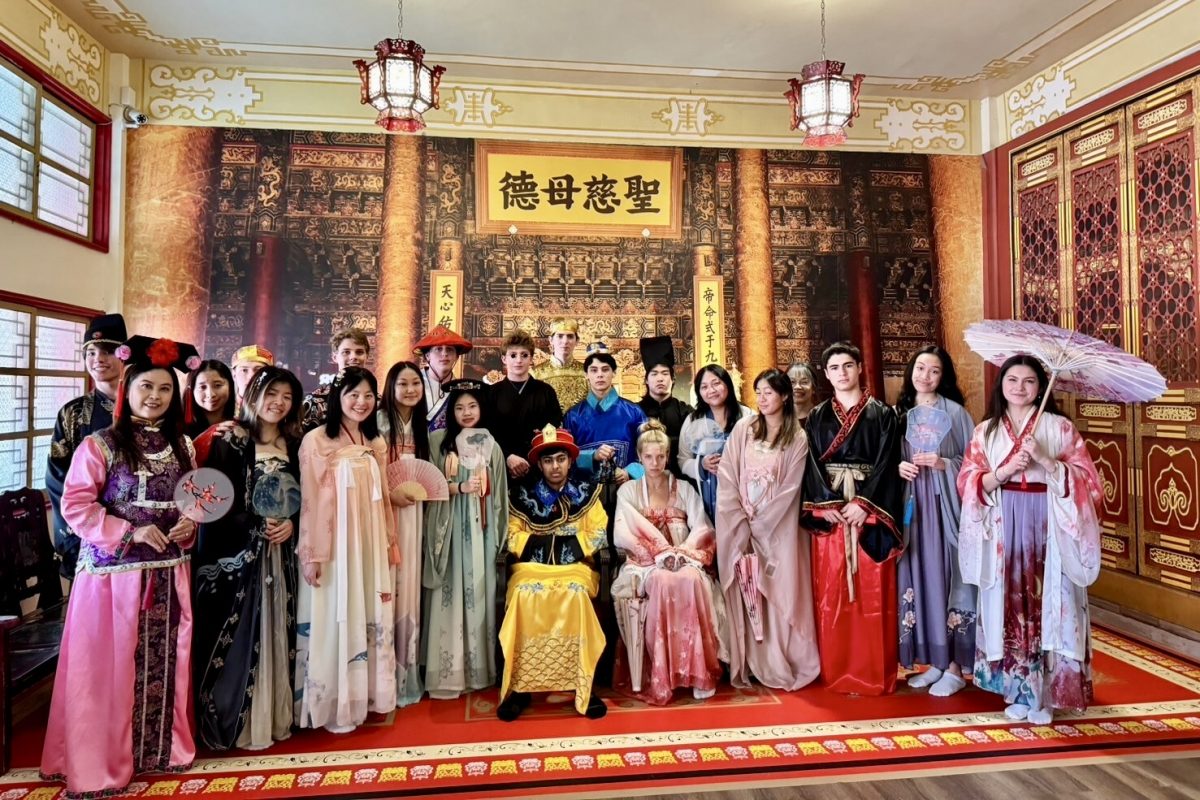
![Join WSPN staff reporter Maddie Zajac as she talks with senior Missy Prince and how her high school career led to Harvard University. “As soon as I knew what college was, [Harvard] was my goal,” Prince said.](https://waylandstudentpress.com/wp-content/uploads/2024/04/IMG_7928-1200x801.jpg)
![WSPN staff reporter Marisa Mendoza sits down with Dr. Peggy McIntosh to discuss her work regarding white privilege and how she hopes her work will be influential for years to come.
The purpose of [my published] papers was to say that the public roles we are asked to play are filled with fraudulence, McIntosh said. People in high places, even the president, are fraudulent. We must not let other people make us feel like frauds. Let us continue to spot fraudulence in the public roles we are asked to play.](https://waylandstudentpress.com/wp-content/uploads/2024/04/IMG_7403-scaled-e1714358061368.jpg)
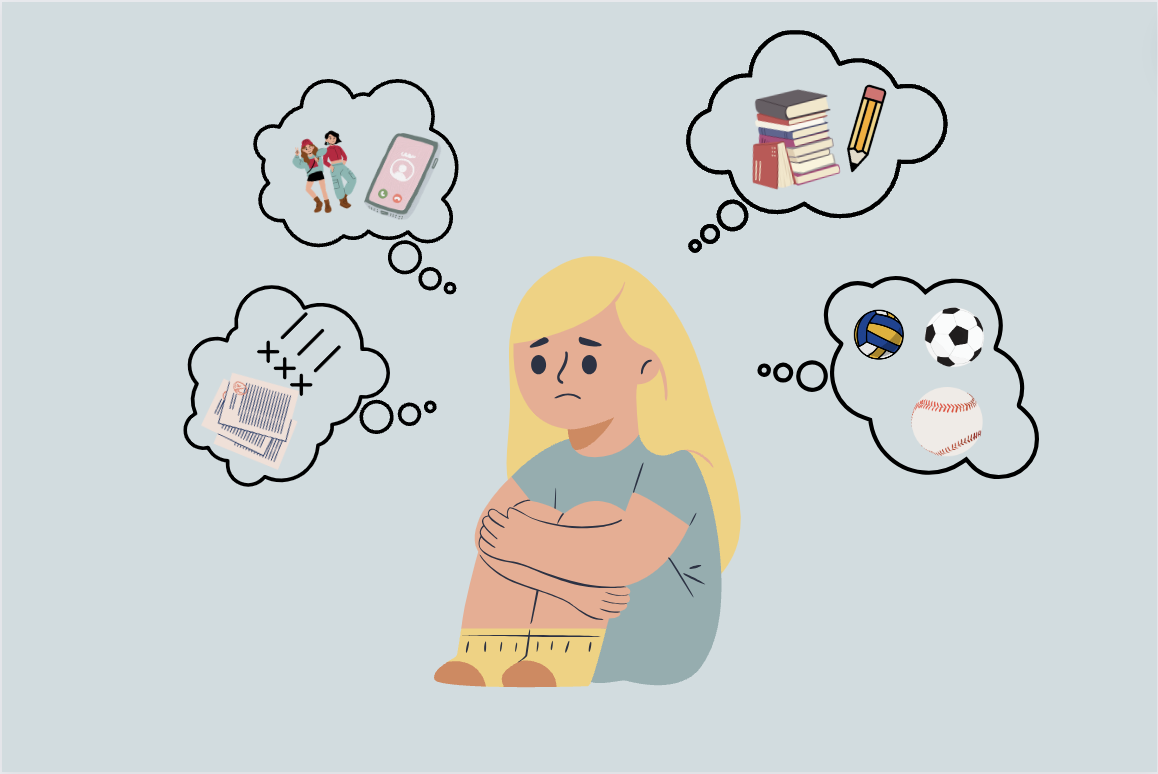
![WSPN’s Annika Martins and Maddie Zajac explore the athletic life of senior Annabelle Zhang through her badminton career. “This [photo] is me and my former partner after we won the 2022 junior nationals mixed doubles category,” Zhang said.](https://waylandstudentpress.com/wp-content/uploads/2024/04/IMG_6629-1200x900.jpg)





